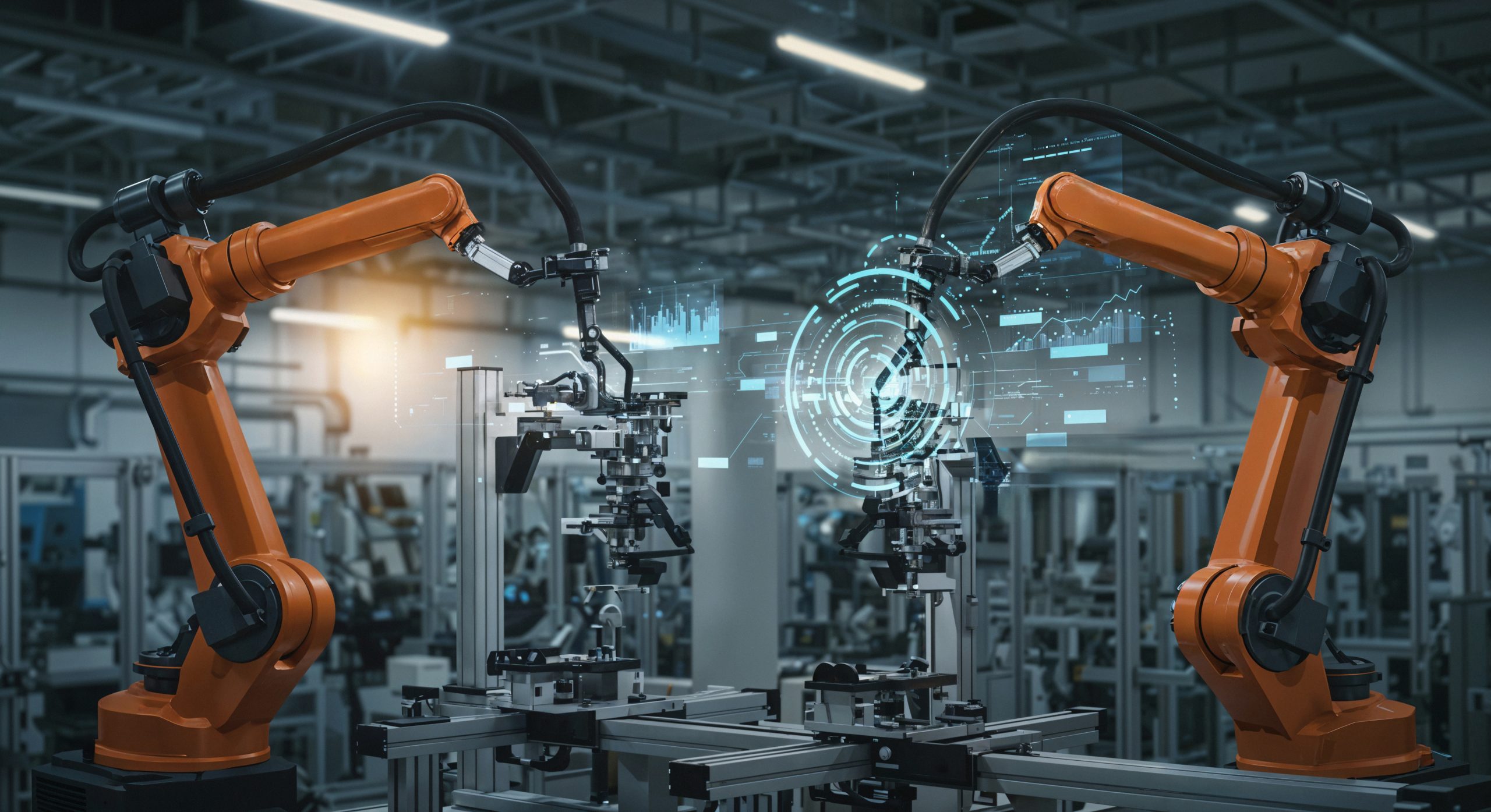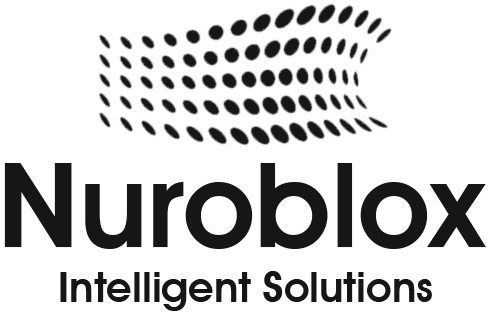Intelligent Automation Services
- Home
- Solutions
- For Services
- Intelligent Automation Services
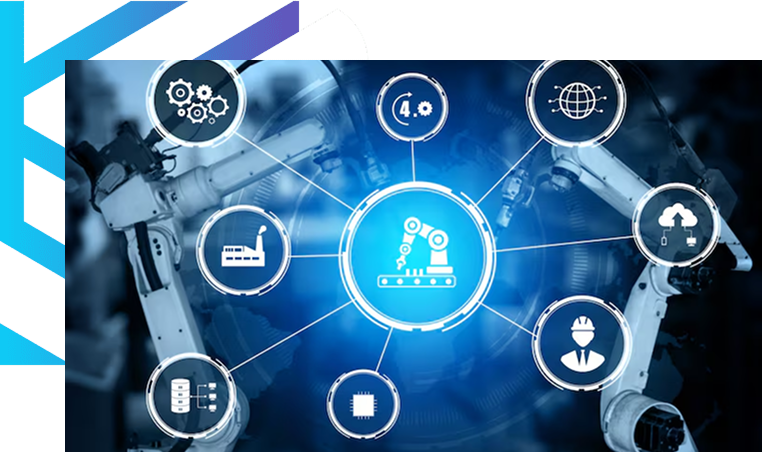
Transform Business Operations with Intelligent Automation
Combine AI, Machine Learning, and RPA to drive smarter, faster decisions and automate complex tasks.
Core Capabilities of
BPA Services
Workflow Automation
Automate repetitive tasks and multi-step workflows across departments using rule-based logic and event triggers.
System Integration
Connect disparate applications and data sources to enable seamless data flow, improve efficiency, and reduce manual handoffs.
Task Orchestration
Coordinate tasks across teams, systems, and time zones using centralized automation dashboards and scheduling tools.
Document and Form Processing
Digitize document handling, approvals, and data extraction through automation tools such as OCR and intelligent forms.
Exception Handling and Escalation
Set up automated routing for exceptions or policy violations to ensure timely human review or intervention.
Reporting and Analytics
Generate real-time dashboards and performance reports for visibility into process efficiency and bottlenecks.
Task Orchestration
Coordinate tasks across teams, systems, and time zones using centralized automation dashboards and scheduling tools.
Reporting and Analytics
Generate real-time dashboards and performance reports for visibility into process efficiency and bottlenecks.
What is Intelligent Automation?
Intelligent Automation (IA) enhances traditional automation by integrating AI technologies like natural language processing, machine learning, and cognitive computing. It enables systems to think, learn, and adapt – automating not just tasks but end-to-end decision-making processes.
Key Benefits
Industry Use Cases for
Intelligent Automation
Banking and Finance
- Automate fraud detection using AI models
- Process loan applications with intelligent document analysis
- Deliver self-service account support via chatbots

Healthcare
- Triage patient inquiries using virtual agents
- Analyze clinical notes for decision support
- Automate claims validation and submission

Insurance
- Extract data from claim forms using OCR and NLP
- Automate risk assessment using predictive models
- Enable real-time policy servicing through chat interfaces

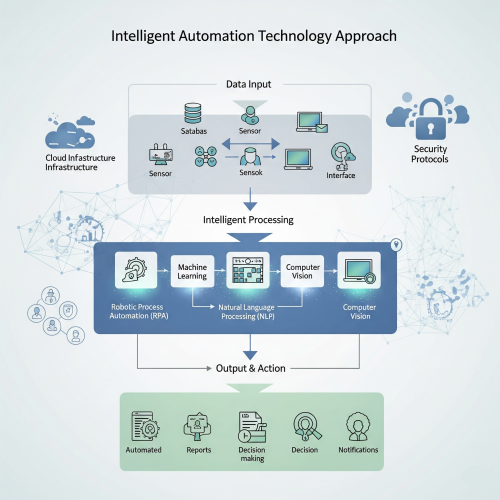
Technology Approach
Intelligent Automation combines Robotic Process Automation (RPA) with AI components like machine learning, natural language processing, and computer vision. This layered approach enables systems not just to act, but to perceive, decide, and learn. Workflows are often managed through orchestration platforms that allow seamless integration across enterprise systems.
We’re Here to Assist You and Address
All Your Questions Anytime!
Implementation Strategy
